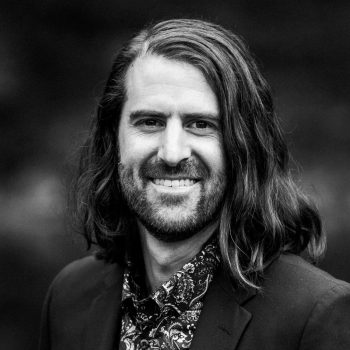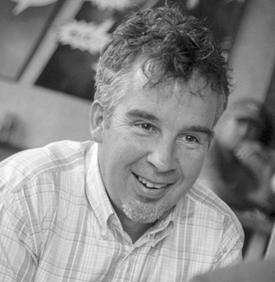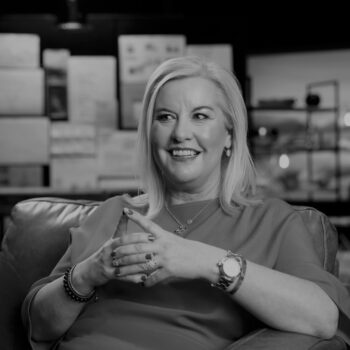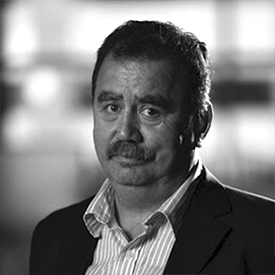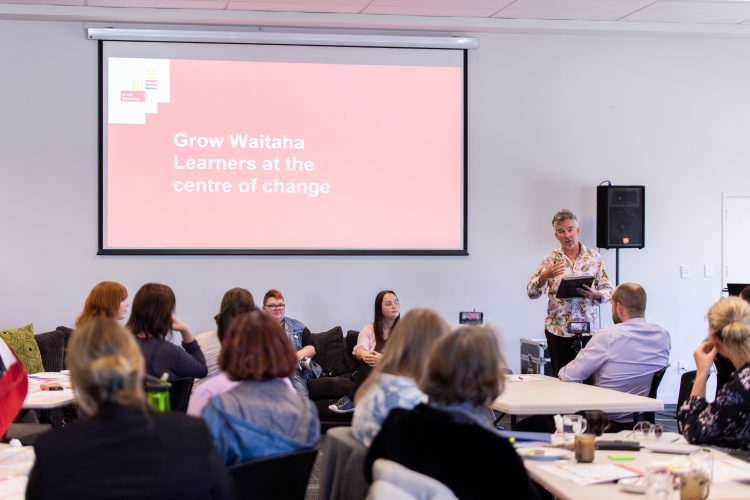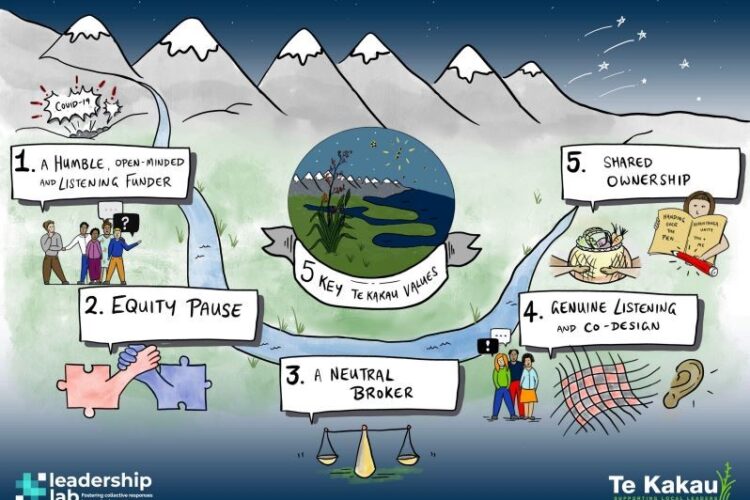Te Hau Toka Southern Wellbeing Group
Te Hau Toka – Wellbeing in the Central Lakes
How do we ensure that funding for wellbeing during this COVID-19 pandemic is spent on what communities really need?
This co-design process was facilitated by Leadership Lab on behalf of Te Hau Toka Southern Wellbeing Group. Te Hau Toka is a Queenstown Lakes region alliance of government and NGO providers who received $3,000,000 of funding by Ministry of Business Innovation and Employment (MBIE) and Southern DHB to supply, “wellbeing support to targeted groups…in Queenstown Lakes and Fiordland districts, to assist these communities [to] recover from the negative effects of COVID-19”. The process has been designed to assess the wellbeing needs of communities in the Queenstown Lakes and Fiordland districts and to make recommendations as to how best to help these communities to recover from the negative effects of COVID-19.
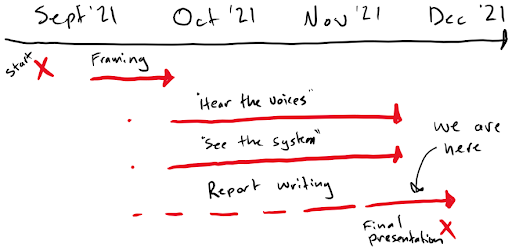
The co-design process was based on three strands of inquiry. The first was a Listening Team process aimed at gathering the perceptions of the affected communities. The second explored the perceptions of community-based service providers. The third was an Expert Design Challenge, drawing on the knowledge of people who have had direct experience of supporting communities dealing with COVID or other relevant disasters
The voices from over 250 community members were synthesised and presented in a report to Te Hau Toka. They are designed to enable the provision of support informed by the richness of ideas sourced directly from relevant communities and to facilitate the maximum impact possible to radically and efficiently implement change. The recommendations focus on both:
- Process opportunities (ways in which we collectively believe you can execute the delivery of the funding to have impact)
- Implementation opportunities (real and tangible ideas – many sourced from within the community, but some cases from evidenced-based practice that draws from relevant experiences outside of the region).
Leadership Lab acknowledges the rich, broad, and collaborative community input from voices across the region that have allowed us to frame this report.
Te Hau Toka Southern Wellbeing Group
Te Hau Toka – Wellbeing in the Central Lakes
How do we ensure that funding for wellbeing during this COVID-19 pandemic is spent on what communities really need?
This co-design process was facilitated by Leadership Lab on behalf of Te Hau Toka Southern Wellbeing Group. Te Hau Toka is a Queenstown Lakes region alliance of government and NGO providers who received $3,000,000 of funding by Ministry of Business Innovation and Employment (MBIE) and Southern DHB to supply, “wellbeing support to targeted groups…in Queenstown Lakes and Fiordland districts, to assist these communities [to] recover from the negative effects of COVID-19”. The process has been designed to assess the wellbeing needs of communities in the Queenstown Lakes and Fiordland districts and to make recommendations as to how best to help these communities to recover from the negative effects of COVID-19.

The co-design process was based on three strands of inquiry. The first was a Listening Team process aimed at gathering the perceptions of the affected communities. The second explored the perceptions of community-based service providers. The third was an Expert Design Challenge, drawing on the knowledge of people who have had direct experience of supporting communities dealing with COVID or other relevant disasters
The voices from over 250 community members were synthesised and presented in a report to Te Hau Toka. They are designed to enable the provision of support informed by the richness of ideas sourced directly from relevant communities and to facilitate the maximum impact possible to radically and efficiently implement change. The recommendations focus on both:
- Process opportunities (ways in which we collectively believe you can execute the delivery of the funding to have impact)
- Implementation opportunities (real and tangible ideas – many sourced from within the community, but some cases from evidenced-based practice that draws from relevant experiences outside of the region).
Leadership Lab acknowledges the rich, broad, and collaborative community input from voices across the region that have allowed us to frame this report.



